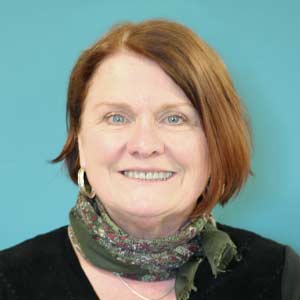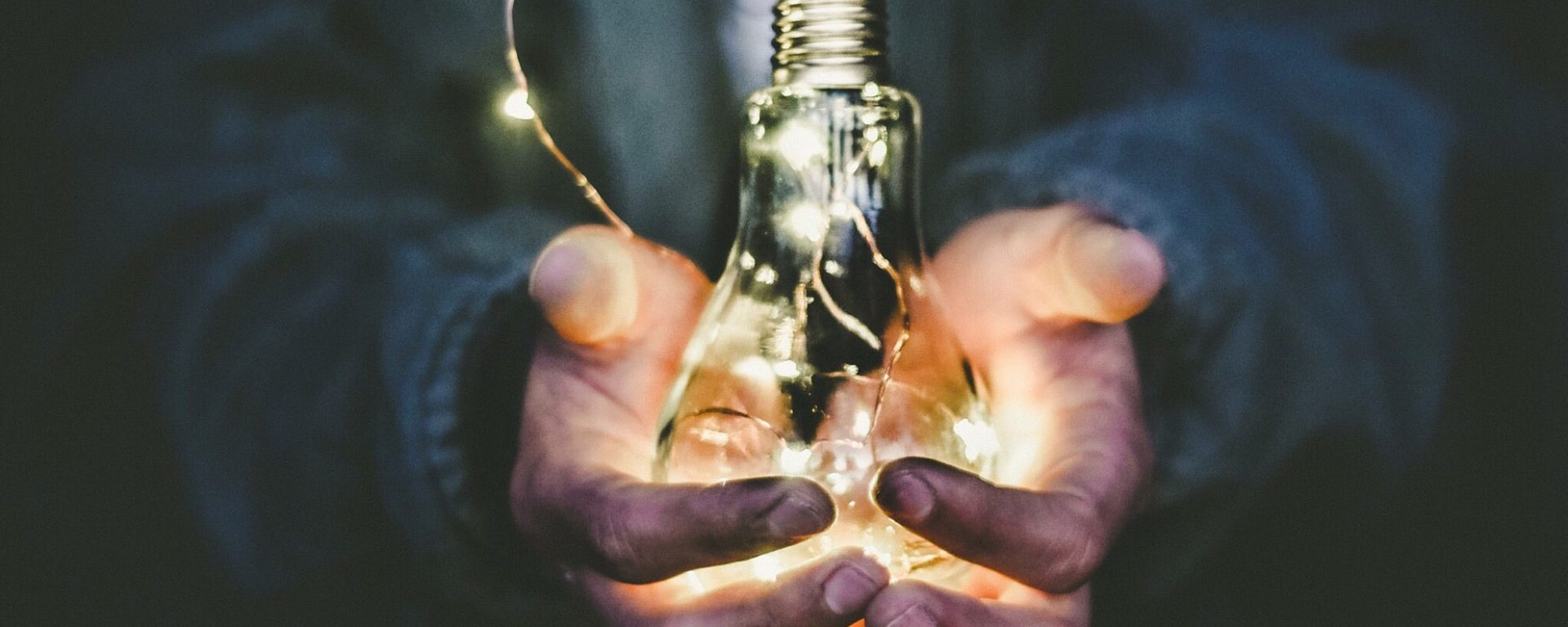Taking the Lead in Times of Crisis
by Dr. Sandi Coyne-Gilbert, MBA, DM
Early in 2020, a few months before the COVID-19 pandemic took hold, I learned that a common interpretation of the Chinese word for “crisis” lies in its two characters: one representing danger, and the other representing opportunity.
A pandemic that brings perspective
For many marginalized populations, danger is much more prevalent than opportunity during this pandemic. Those who held positions in retail stores and restaurants, living paycheck to paycheck or even shift to shift, were struggling well before the Coronavirus outbreak. Now, with job security shaken, unemployment on the rise, and bills lurking around the corner, financial strain during social distancing can be beyond daunting for those monetarily vulnerable.
As a former waitress, I think back to how little opportunity I had then, always on my feet with no savings to fall back on. If my circumstances had remained the same, my two daughters and I would be in line at the food bank right now, just like so many others desperate and in need.
Many frontline workers who live on the financial fringe are precisely the ones now being asked to keep society afloat; essential workers, who are paid the least, are being called into action with the greatest urgency. From healthcare workers and food providers to funeral service professionals and those in the supply chain, individuals considered “essential” during this crisis cross all socioeconomic statuses.
Philanthropy at its finest
Those who face the reality of relying on the kindness of others to get by, serve as a reminder to the rest of us why it’s so essential to give. COVID-19 has quarantined the world we once knew — implementing new rules, setting new expectations, and creating a tremendous new need for leadership. For those who can, choosing to lead during turbulent times is an opportunity to rise to the occasion. Today, leadership can be found in those unwilling to let COVID-19 take any more lives, and in those trying to mitigate the number the disease has yet to take.
Some people have found unique ways to put their own spin on stepping up. For most, contributing means not going out. For others, it’s keeping appropriate distances while walking, wearing masks, or not crossing one another in the grocery aisle. For those who are able, doing their part means donating personal protective equipment (PPE) and medical supplies, or making monetary contributions. Like many other well-known names and their corresponding causes, restaurateur Guy Fieri launched a Restaurant Relief Fund for all food industry workers displaced by social distancing.
Businesses are changing their production operations to make anything that might save lives. People at home are on personal sewing machines making masks for those in need. Healthcare workers are contributing courageously through their continued commitment to come into work, despite the risk of infection. People are also finding creative ways to connect to others through online platforms, viral videos, and even putting their artistry on display, making apartment building balconies their new stage to make strangers smile. Many are finding themselves putting in extra effort by reaching out to those who are particularly vulnerable to isolation, calling more often, or stopping by to wave to loved ones through windows.
It is crucial to remember that during desperate times like these, there is always grief in the room. We need to humanize, empathize, and create compassion all around us. Life gives us experiences that can either break us or enhance our existing strengths, and we need to remember that in these conditions, we are all doing the best we can.
An optimistic outlook
As Christopher Reeve said, “Once you choose hope, anything is possible.” Let us cling to the possibilities and believe in the power of small, meaningful leadership. The most amazing things happen when people are willing to be there for each other. Look around for those in need and help to pick up the pieces. The real impact happens when kind actions are taken by courageous leaders who see a need and forge ahead to close that gap. Be thoughtful. Be considerate. Be intentional and seek to inspire. Leaders are the first in line to build bridges during traumatic times, and they build trust and understanding along the way. Leaders walk with purpose, their hands out humbly asking, “What can I do to help?”
In challenging times, leaders will be the ones reminding others: Yes, the Coronavirus is contagious, but then again, so is hope.
Are you interested in learning more about what it takes to become a leader? Check out Goodwin’s Masters in Organizational Leadership program offered entirely online!

Sandra (Sandi) Coyne-Gilbert is an accomplished leader with experience in both the education and nonprofit sectors. Coyne-Gilbert specializes in working with adult learners and is enthusiastic about instilling a passion for lifelong learning in her students. Her work with at-risk and marginalized groups provided her with unique insights into the power of education for people in transition. Beyond the educational field, Coyne-Gilbert also has experience in marketing and nonprofit leadership. Most notably, she was one of the driving forces behind the development of the Ronald McDonald House in Springfield, MA. Coyne-Gilbert looks forward to bringing her experiences to the classroom as program director for the master’s degree in Organizational Leadership at Goodwin University.

